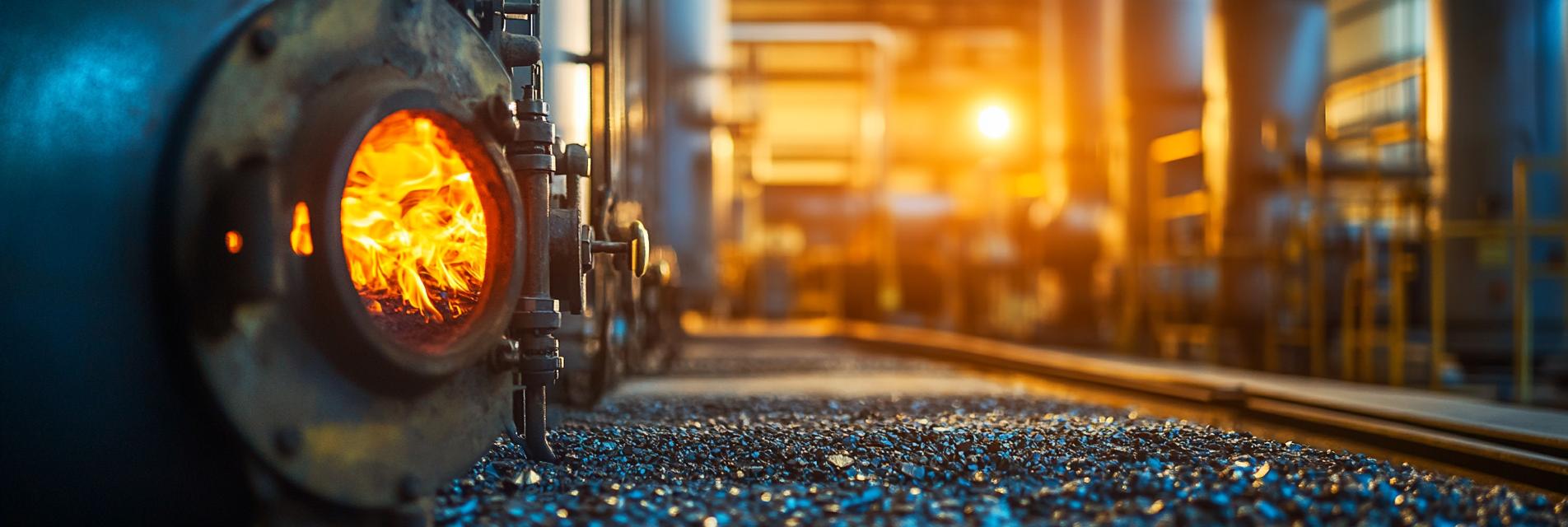In the landscape of industrial applications, the efficiency and safety of boilers are paramount. High-temperature resistant materials play a crucial role in the operation of these systems, providing durability and performance under extreme conditions. This article delves into the characteristics and various applications of these specialized materials.
High-temperature resistant materials are designed to withstand elevated temperatures while maintaining their structural integrity. Key characteristics include:
The application of high-temperature resistant materials spans various types of boiler systems, including:
These boilers are prevalent in manufacturing and processing industries, where robust materials are essential for efficiency and safety. High-temperature resistant materials are used in boiler tubes, heat exchangers, and pressure vessels.
In power plants, high-temperature resistant materials are critical in steam generators and turbines, where high thermal and mechanical stresses are found.
These systems convert waste heat into usable energy. The durability of high-temperature resistant materials ensures they can withstand the challenging working environment.
The significance of high-temperature resistant materials in boiler applications cannot be overstated. Their unique properties enable industries to enhance operational efficiency and safety, making them a vital component in the advancement of industrial applications.

